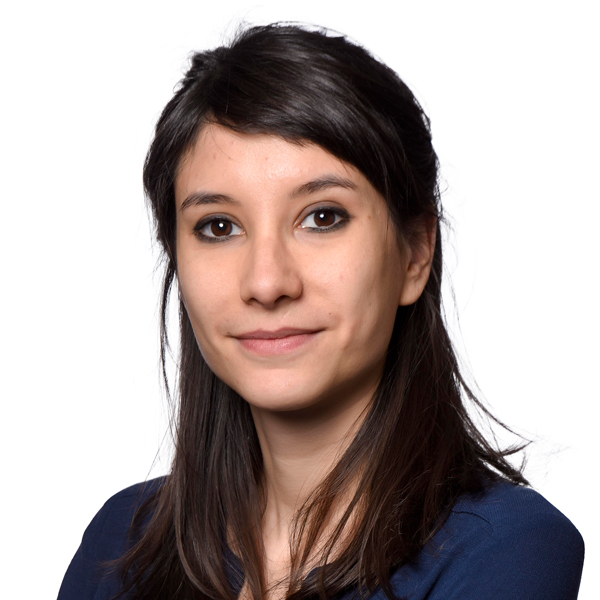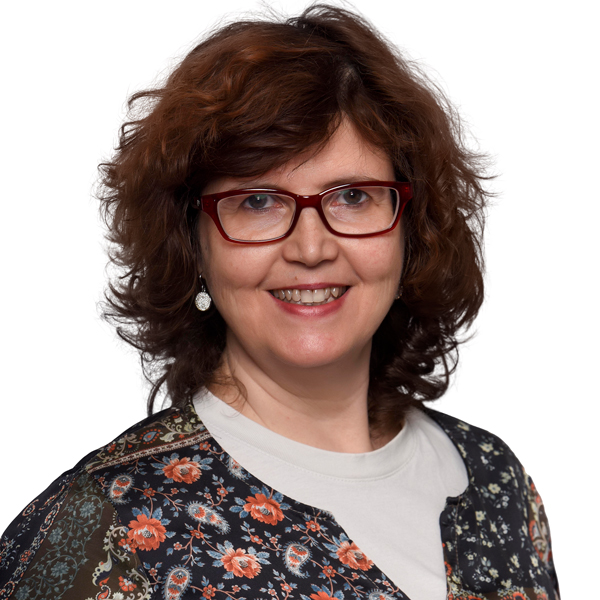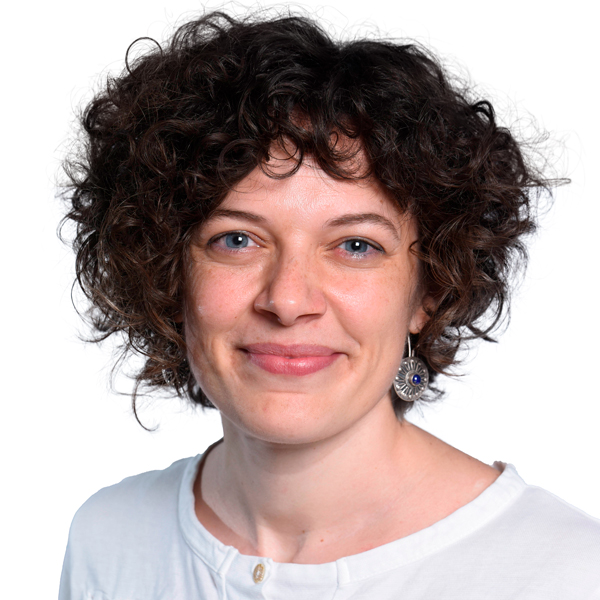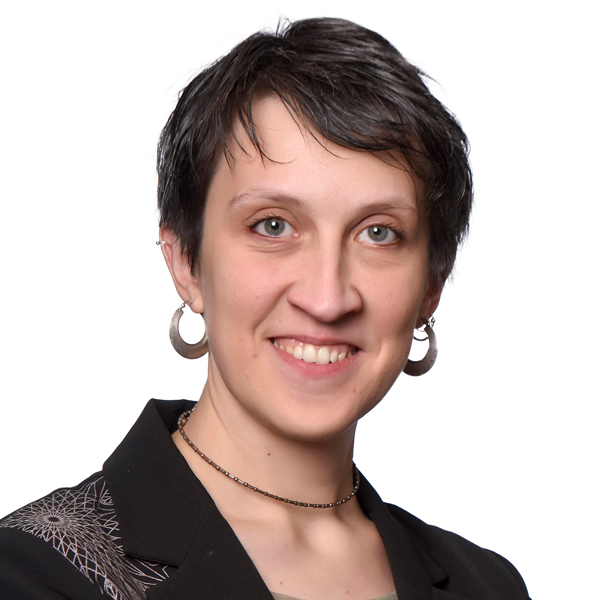UOC helps update international citation guidelines to give visibility to female authors
Subject: Multidisciplinary
When citing a document, writers are now recommended to use the authors' full names, not just initials.
Chloé Zhao is only the second woman to receive the Oscar for best director in the award's ninety-three year history. Worldwide, just one in four parliamentary seats is occupied by a woman, and women account for just 7% of the CEOs of the top earning companies. These figures, collected by the United Nations, show that female talent continues to be under-represented in many spheres of public life.
To help make women's expertise more visible in research and teaching, the UOC has updated the citation guidelines it shares with the university community. On the basis of this initiative, writers are now recommended to include authors' full names in bibliographical references, especially for international citation styles, such as the APA and Vancouver systems, where only the initials are usually given.
A pioneering international initiative designed to incorporate a gender perspective in the APA and Vancouver citation styles.
Adding this guideline to academic workflows could help to identify women's contributions and facilitate the analysis of equal representation in bibliographies in order to move beyond an androcentric vision of knowledge. Changing the citation guidelines "could be a starting point in challenging stereotypes that associate the production of knowledge with the idea of academics who are usually middle-aged white men", according to Rachel Louise Palmén, member of the Gender and ICT (GenTIC) research group at the Internet Interdisciplinary Institute (IN3) and advisory member of the UOC's Equality Unit. She pointed out that "Recognizing male and female authors is one of the first steps in the creation of a truly diverse knowledge base that reflects the plurality of the society in which we live."
The citation style of the American Psychological Association (APA) is one of the most widely used and recognized, and is mainly, but not exclusively, used in the field of psychology. According to the professional organization's citation guide, sources must be cited using the author's surname and initials. This is the reason for the change introduced by the UOC. Teresa Guasch, Dean of the Faculty of Psychology and Education Sciences, agrees that "from the perspective of faculties and programmes, it is helpful for students to have more means to identify who carried out the research. Too often, when citing research or scientific study, we mention the author's surname and go on to use masculine forms to refer to them. It is so hard-wired into our thinking that we find it natural to assume that researchers are male, not female.
The updated UOC citation guidelines will also apply to the Vancouver style, which is widely used in the health sciences field. The new standards allow authors' full names to be cited.
The UOC is striving to build on its firm commitment to ensure that the gender perspective is applied throughout all of its research and teaching. The Equality Plan 2020-2025 is a roadmap that sets out guiding principles and specific measures to achieve this aim.
The introduction of the updated guidelines
The latest edition of the UOC's APA citation guidelines includes recommendations on the use of inclusive and non-sexist language and encourages users to adapt the standards to meet their specific needs. "We studied how to adapt the standards based on an assessment of various alternatives and consultation with the American Psychological Association (APA)," explained Mireia Castillón, who is responsible for gender issues in the Library and Learning Resources Department and has coordinated these changes to the bibliographic citation model.
The updated guidelines are available on the UOC Library's bibliographic management site, and are based on the recommendations of the University's Language Service regarding the use of non-sexist language.
Author
Experts
Mireia Castillón
Operative subgroup: Law and Political Science resource manager, vocational training, gender perspective Operative group: Library for LearningÀgueda Mercadal
Operative subgroup: Librarian for Psychology and Education, vocational training Operative group: Library for Learning






